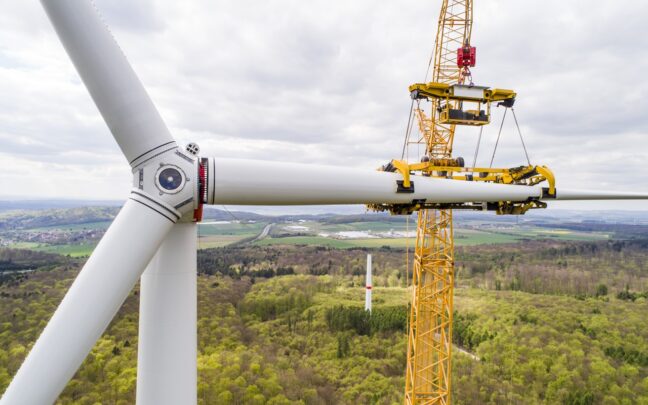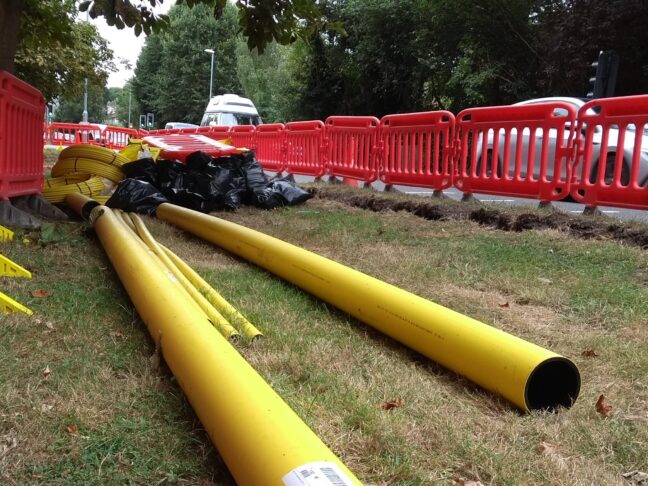I think it was Tony Blair that proposed that Government should be about setting targets.
Initially it seemed like a good idea. Rather than trying to micromanage everything, Government could just set a target and leave delivery up to those that know what they’re doing. The problem is that this idea has grown into a horrible monster.
For too long, Government has realised it can give the appearance of doing something by simply setting a target. No longer does it need to think up plausible policy to meet the target, let alone do the hard work of actually delivering anything, or even funding its delivery. And when a target becomes inconvenient, it can be quietly dropped.
For example, the target that all new homes would be zero carbon by 2016, was dropped in late 2015. Today, this has probably added around £1000 p.a to each new home buyers’ energy bills.
Governments quite like making policy announcements, (sometimes simply re-announcing previous policies) However, these policies are often inadequate to meet the target. As the Committee on Climate Change pointed out last year, only 39% of the emissions savings needed to meet the Net Zero target, are backed up by credible plans or policies.
Policies are also frequently contradictory, for example opening new coal mines and licensing more offshore oil wells, while claiming to be decarbonising.
Increasingly “delivery” has been delegated to local councils, while simultaneously reducing their funding and powers. This is unjust, ineffective and deeply frustrating.
Despite many people facing real hardship because of energy prices, Government has made it very difficult for a council to give planning permission for a new wind farm, even though it’s the cheapest source of power, and widely supported.
Increasingly, councils have to compete with each other for tiny grants, often at short notice, making efficient delivery impossible.
As Lord Deben pointed out at a Climate Seminar in Cambridge the other day, as everyone now agrees on the bare minimum climate targets, we need to move on from focussing on targets, to focussing on delivery.
This is why the recently released Skidmore Review on how to deliver Net Zero could be very useful. Former Energy Minister Chris Skidmore was appointed during Liz Truss’s brief time as PM, and he has clearly framed his report to appeal to the Right. Nevertheless it endorses everything the Climate Committee (and Labour) have been saying.
It points out strongly that Net Zero is “the growth opportunity of the 21st century”. Among other things it calls for more onshore wind, a “rooftop revolution” in solar energy, and a switch to heat-pumps. It also calls for Local Government to be empowered and funded to deliver.
Let’s just hope Central Government is listening.
First published, Cambridge Independent, 1 February 2023


